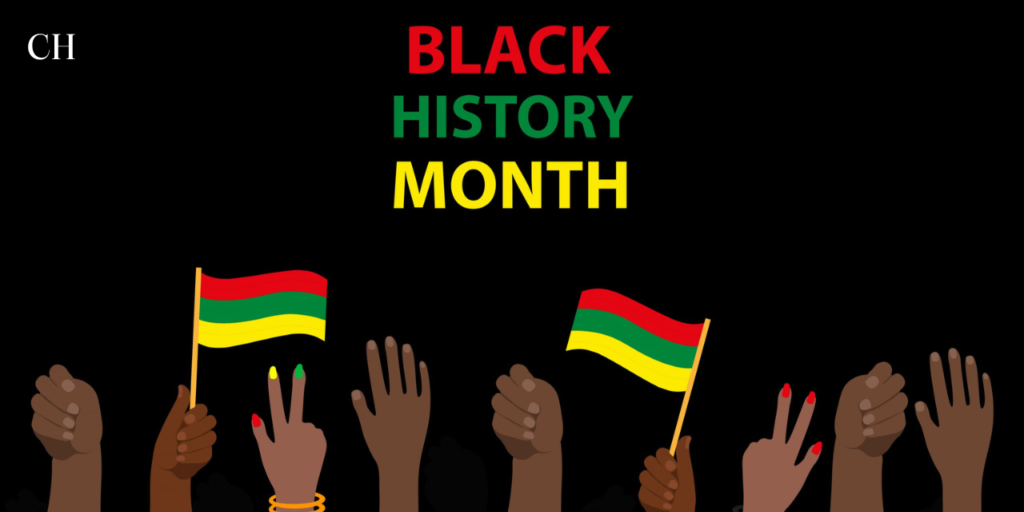
Black Business Month honors the tenacity, inventiveness, and economic accomplishments of Black entrepreneurs and business owners. This yearly event, which runs throughout the month of August, has deep historical origins, highlighting the difficulties and accomplishments of Black people in business. Let’s look into the fascinating history of Black Business Month.
John William Templeton’s idea for Black Business Month was to create a forum that would highlight the accomplishments of Black businesses while also promoting economic empowerment in Black communities. Templeton’s initiatives gained traction in 2004, when he declared August as Black Business Month.
Since its start, Black Business Month has grown into a multidimensional celebration of Black entrepreneurship, encompassing innovation, leadership, and community development. It serves as a reminder of Black business owners’ historical challenges, as well as a monument to their tenacity in the face of structural impediments.
Historical Context:
To really comprehend the significance of Black Business Month, it is necessary to analyze the historical context in which it originated. Throughout American history, Black entrepreneurs faced several challenges, including slavery, segregation, and institutionalized racism.
During slavery, Black people were frequently denied the ability to own a business or build wealth. Following liberation, they faced ongoing discrimination and violence, making it difficult to start and run enterprises in predominately white regions. Despite these obstacles, Black entrepreneurs persisted, founding enterprises that not only provided necessary goods and services, but also acted as hubs of economic and social empowerment in their communities.
The Civil Rights Movement of the 1950s and 1960s drew greater attention to Black Americans’ economic inequities. Activists like Martin Luther King Jr. and Malcolm X fought for economic justice and encouraged support for Black-owned enterprises as a method of achieving greater equality and self-sufficiency.
According to National Today, the history of Black Business Month can be traced back to a partnership between engineering entrepreneur Frederick E. Jordan and John William Templeton, the president and executive editor of the scholarly publishing company eAccess Corp. The two teamed up in 2004 to start the annual celebration with the intention of driving policy agenda affecting Black businesses and empowering Black business owners.
Though Jordan is currently the owner of F. E. Jordan Associates Inc, a thriving company with international reach, the entrepreneur once struggled to get the financial backing and funding he needed to launch his own firm in 1969. Jordan personally experienced the unique challenges faced by Black business owners, which inspired him to start Black Business Month in an effort to push for equity in entrepreneurship.
Significance and Impact:

Black Business Month is extremely important as a forum for commemorating the accomplishments and contributions of Black businesses to the economy and society at large. By highlighting success stories, fostering networking opportunities, and giving resources for company development, Black company Month empowers both new and experienced Black business owners.
Furthermore, Black Business Month promotes economic growth and community development. By supporting Black-owned businesses, customers may help to create jobs, stimulate local economies, and promote greater equity and inclusion in business. Furthermore, investing in Black-owned businesses can help close the racial wealth gap and increase economic mobility in Black communities.
Celebration and Recognition:
Throughout Black Business Month, a variety of activities and initiatives are scheduled to promote and support Black enterprise. These could include networking mixers, business expos, courses on financial literacy and business management, and panel discussions with successful Black entrepreneurs.
Media outlets, corporations, and government agencies all play an important part in commemorating Black Business Month by publicizing the accomplishments of Black-owned businesses and encouraging policies that help them expand and succeed. These organizations help to ensure Black entrepreneurship’s long-term viability and prosperity by promoting awareness and creating collaborations.
Finally, Black Business Month serves as both a celebration of previous achievements and a call to action for a more equal and inclusive future. By respecting the tradition of Black entrepreneurship and supporting Black-owned businesses, we can work together to create prosperous and resilient communities for future generations.


